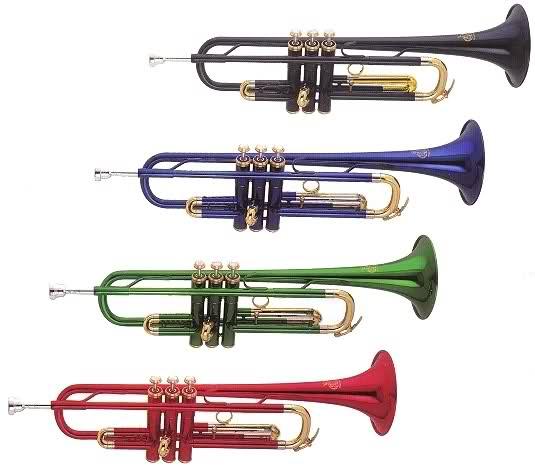 The political landscape that emerged in 2016-2017 now seems like a preview of what was to come. When Trump first entered the spotlight, his peculiarities – from his "tiny hands" to his Twitter tirades – were treated as comedy fodder. Today, after his presidency, a second defeat, and now his controversial return to power, these seem less amusing and more symptomatic of the broader political deterioration we've witnessed.
The political landscape that emerged in 2016-2017 now seems like a preview of what was to come. When Trump first entered the spotlight, his peculiarities – from his "tiny hands" to his Twitter tirades – were treated as comedy fodder. Today, after his presidency, a second defeat, and now his controversial return to power, these seem less amusing and more symptomatic of the broader political deterioration we've witnessed.
What started as a ripple in 2017 has become a wave. The "Trumpettes," as we called the European populist leaders who emulated his style, weren't just cover artists – they became headliners in their own right. Geert Wilders, once dismissed as a Dutch Trump impersonator with his anti-immigration rhetoric and inflammatory tweets, now leads the Netherlands' government. His victory in 2023 marked a seismic shift in Dutch politics, proving that what seemed implausible in 2017 had become reality by 2024.
Marine Le Pen in France, though unsuccessful in her previous presidential bids, has maintained a stronghold on French right-wing politics, with her party gaining unprecedented local power. The AfD in Germany, which seemed marginalized in 2017 when Frank-Walter Steinmeier was elected president, has since grown from a fringe movement to a major political force, sending shockwaves through German democracy. Steinmeier's re-election in 2022 with 78% of the vote seemed like a bulwark against populism, but the AfD's recent surge suggests Germany isn't immune to these trends.
Brexit, which was still in its infancy in 2017, has played out like a cautionary tale that nobody heeded. Boris Johnson and Nigel Farage's "bragging and humiliation" strategy proved devastatingly effective, leading to years of economic uncertainty and political upheaval in the UK. Scotland's renewed push for independence and Northern Ireland's complex position post-Brexit have only underscored the prescience of those early concerns about British unity.
 The "Trump playbook" – personal attacks over policy, social media warfare, claims of fake news, and the demonization of immigrants – has become a global political template. What we once saw as uniquely American political theater has become a worldwide phenomenon. The tactics that seemed shocking in 2017 – attacking opponents' families (like the "Penelope-gate" scandal that damaged François Fillon in France), crying fraud before elections even occur, and undermining democratic institutions – are now standard political strategies.
The "Trump playbook" – personal attacks over policy, social media warfare, claims of fake news, and the demonization of immigrants – has become a global political template. What we once saw as uniquely American political theater has become a worldwide phenomenon. The tactics that seemed shocking in 2017 – attacking opponents' families (like the "Penelope-gate" scandal that damaged François Fillon in France), crying fraud before elections even occur, and undermining democratic institutions – are now standard political strategies.
Trump's return to power in 2024, after Biden's presidency failed to heal America's divisions, has emboldened populist movements worldwide. The "torches and pitchforks" we metaphorically feared in 2017 have manifested in various forms, from the January 6th insurrection to growing political violence and democratic backsliding globally.
Looking back, our 2017 hope that Trump's chaotic first term would serve as a cautionary tale proved naïve. Instead of being deterred by the American example, populist movements worldwide have been inspired by it. These "cover bands," as we dismissively called them, have learned to play their own tunes, each adapted to their local audience but following the same destructive melody.
The question now, in 2025, isn't whether democracy can survive populism – it's how democracy can be reimagined to withstand it. The music of democracy, it seems, needs new composers.